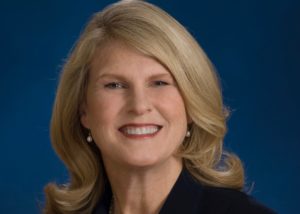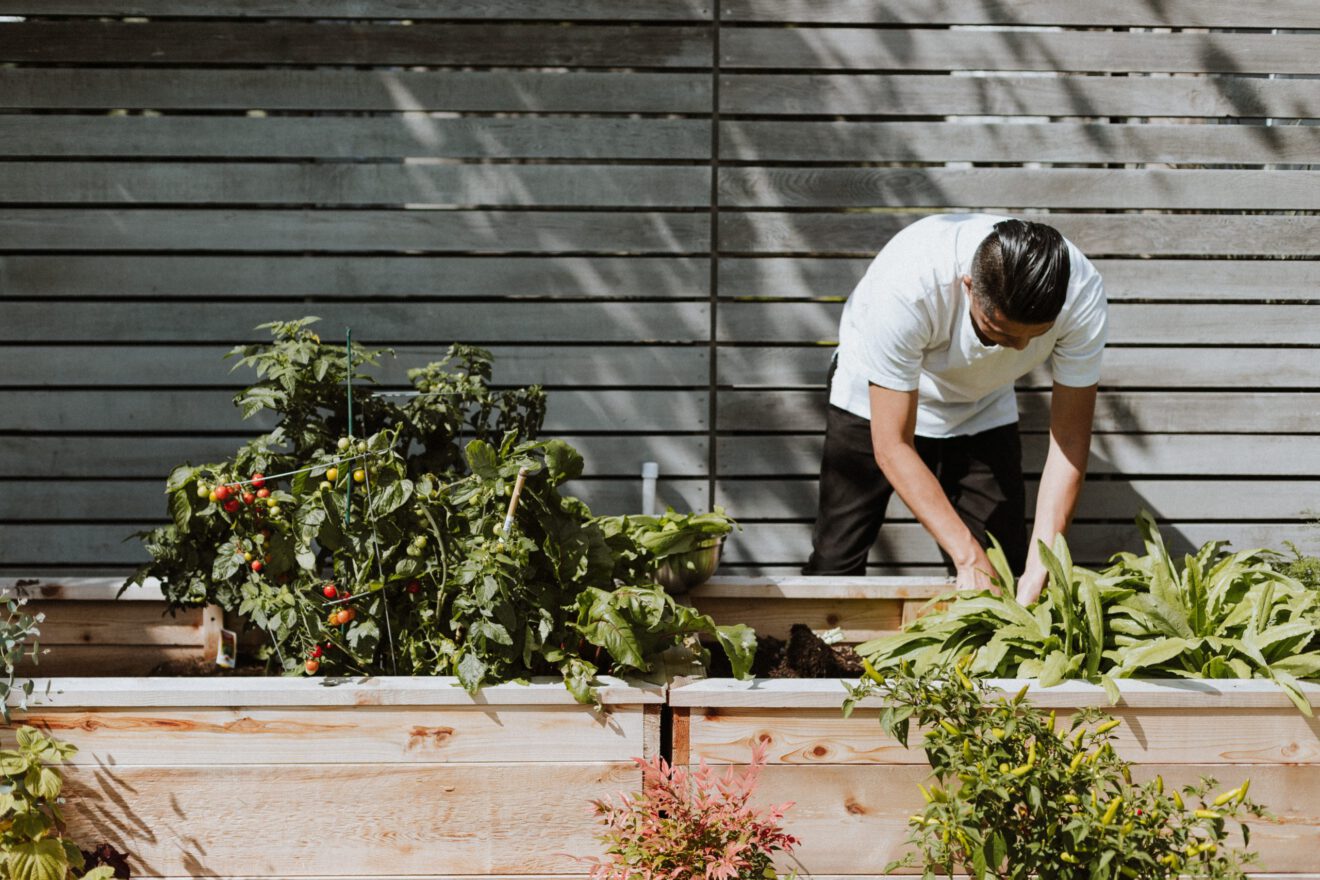Sign up for ProChef SmartBrief today, free.
A new online master’s program from the Culinary Institute of America aims to give chefs and other food industry professionals the tools to change our food systems for the better. The CIA’s Cathy Jörin discusses who is the ideal candidate for the master’s in sustainable food systems and how a panel of sustainability leaders are helping to shape the curriculum.
What was the driving force behind the master’s in sustainable food systems, and how does the program build on the CIA’s existing curriculum?
Food has become increasingly important in every aspect of life, and has a direct relationship to our health and the health of our planet and economy. This program is designed to inspire and empower food professionals to effect food system change. It builds on the CIA’s longstanding initiatives in this area, including the Applied Food Studies Bachelor’s degree, the Farm to Table: Practices of a Sustainable Table Bachelor’s concentration, the Menus of Change Leadership Summit (a joint project of the CIA and the Harvard T.H. Chan School of Public Health—Department of Nutrition), and the Global Plant-Forward Culinary Summit.

How will this program equip graduates with the tools to build better food systems that support personal and planetary health as well as equity and diversity?
Courses in the program will cover a variety of specific action items such as waste reduction and responsible sourcing, plus topics including climate change; sustainable and regenerative agriculture; local, regional, and global food systems; policy and food movement voices; leadership impact; diets and public health; and social justice. Specific topics, based on students’ personal interests and passions, will be selected for an applied project as they progress through the curriculum.
Who are some of the members of the program’s external Advisory Council, and how do these leaders help shape the content of the program?
The external advisory council, composed of leaders in sustainability, not-for-profit management and business strategy from organizations including Food at Google, Oatly, Panera, the James Beard Foundation, Zero Hunger | Zero Waste by Kroger, Good Food, FutureTable and Wholesome Wave, helped inform the program’s curriculum. They also assist with nominating candidates and will serve as guest lecturers. In addition, they will support future graduate placement.
How does the program approach sustainability issues through a culinary lens?
As the world’s premier culinary college, food is at the core of everything we do. Our program faculty are chefs, academics, consultants and professionals with a wide variety of expertise in educating and engaging with culinarians and food system experts. Courses such as Race, Class, and Justice from the Field to the Table; Sustainable Diets and Public Health; Sustainable Agriculture, and Culinary Strategy; and Food System Innovation are embedded with viewpoints from practicing culinary leaders.
Who are the ideal candidates for the master’s in sustainable food systems – chefs, agriculture professionals, environmental lobbyists? How will experience in these various fields help students put what they learn in the program into action?
The program is ideal for people working in a wide variety of fields such as food and nutrition education; food writing; product development; sustainability program management; multi-unit restaurant, foodservice, and hotel management; agriculture, food production, and food marketing; supply chain management; environmental NGO’s; government/food policy; farm-to-table; and more. Previous experience in any of these areas will add to the ability of a graduate to make significant impacts in a chosen area of expertise.
Cathy Jörin is senior director of The Culinary Institute of America’s School of Graduate and Professional Studies, which includes The Food Business School. In this role, she leads administration and support operations for the CIA’s School of Graduate and Professional Studies, including accreditation, oversight of curriculum design, development and course delivery, operations management, and student recruiting and experience. She plays a key role in overall strategic planning, as well as partnership and business development for the programs of the School of Graduate and Professional Studies and facilitates direct communication and collaboration between School of Graduate and Professional Studies and all CIA departments/divisions.
Related stories:
- Worlds of Flavor: Global influences and local roots drive the future of dining
- Consumers consciously invest in a sustainable future through purchases
- Key consumer motivations driving growth in plant-based foods
_____________________________________
If you liked this article, sign up for SmartBrief’s free email newsletter from The Culinary Institute of America. It’s among SmartBrief’s more than 250 industry-focused newsletters.
